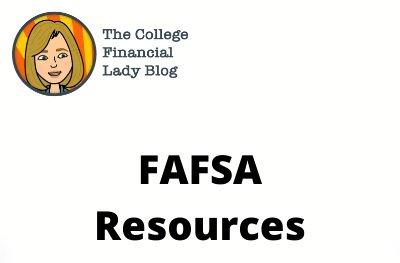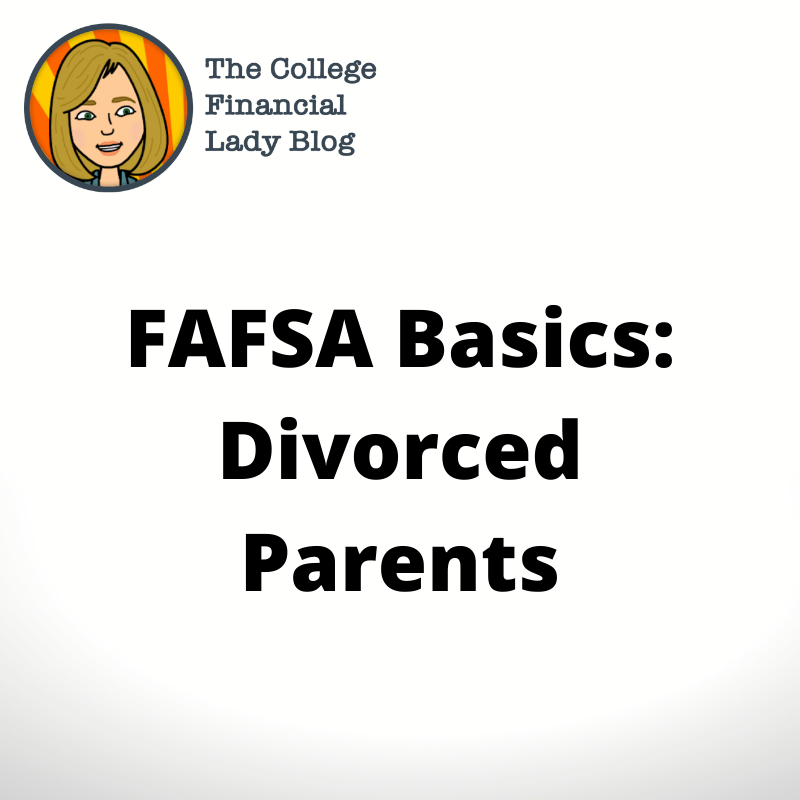Featured
The new Simplified FAFSA is here! Here’s a quick video with some tips that will help you get through it with a minimum of chaos and maximum of financial aid. 🔗
Most recent posts
Highlights
Categories
The FAFSA & CSS Profile
Saving for College
Paying for College
Student Loans
Application Process
Miscellaneous
All blog posts
Free Money: AOTC Claiming Strategies
Once upon a time, the American Opportunity Tax Credit was a pretty simple proposition: Families could get a $2,500 annual tax credit for $4,000 of out-of-pocket college tuition expenses for their dependent student, as long as their income was below the IRS threshold for the credit.
What do I do with Form 1098-T?
Form 1098-T is a tuition statement that colleges and universities are required to provide. The 1098-T shows “payments received for qualified tuition and related expenses” and scholarships received, provided they either came from the college or were disbursed directly to the college.
Want to make big $$ this summer?
The Census is hiring and in the current low-unemployment job market, the Census Bureau has increased wages in the hopes of attracting enough workers.
What Did We Learn in College?
A few timely observations from my personal experience with college for you and your student to consider.
Retirement Contributions and College
One question I get most often is how to balance saving for retirement and college. That’s impossible to have a one-size fits all answer, so here’s more to help you understand how retirement savings impact college.
2020 Rhodes Scholars
What do Harvard, Yale, MIT, Princeton, University of Connecticut, University of Oklahoma, Ohio State, Washington & Lee, Notre Dame and Michigan State have in common? Each had a student selected as one of this year’s Rhodes Scholars.
Changes to OR 529 Plan Tax Benefits
Changes to Oregon’s 529 Plan Tax Benefits that go into effect in 2020.
Do AP and IB Classes Save Money on College?
High schools and others often promote AP, IB and dual credit classes as a way to save money on college, and for some students that’s certainly true. These classes have plenty of benefits other than saving money; however, I’m all about saving money on college so that is what I’m writing about.
FAFSA Basics: Divorced Parents
Divorced parents often wonder who and whether they should fill out the FAFSA. Learn what you need to know and tips to ensure your success.
FAFSA Basics: Student Income
Deeper insights into how student income is counted in the FAFSA and what you may not know and how to get setup for success.
FAFSA Basics: What’s NOT Included
I spent the weekend dropping my daughter off at college and I’m still glowing from UChicago’s amazing orientation weekend for incoming students and families. Now I have to pay her tuition bill which is helping me to make the mental transition back to real life.
FAFSA Basics: An Example
Having gone through the FAFSA formula, let’s take a look at how it works with a few scenarios that illustrate how small changes can have big impacts on EFC, or alternatively, how big changes can have small impacts.
FAFSA Basics: Parent Income
Parent income tends to be overlooked in FAFSA planning, which is unfortunate because for most families it’s the biggest piece– and one that has some real planning opportunities.


















If you really mean it when you say, “Please, no more toys!” you need to set up your 529’s gifting page.